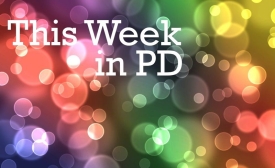cuba
Debate, diplomacy, and dynamism: 2014 was a headline-generating year for Pope Francis and the Catholic Church. The pope encouraged open debate about controversial topics, stepped up his diplomatic game on the world stage, and continued to shape the Church in his unpredictable yet wholly entertaining style.
Acknowledging the failure of fifty years of economic sanctions, President Obama announced his intention to "leave behind the legacy of both colonization and communism" and normalize relations with the island nation.
Just months after President Vladimir Putin erased $32 billion in Cuban debt, Russia's ties with the Caribbean island are coming under increasing strain as the ruble collapses and President Barack Obama re-establishes diplomatic ties and eases a five-decade embargo.
As the U.S. and Cuba begin to normalize relations for the first time in half a century, some Americans are already roaming the streets of Old Havana, attending dance exhibitions and talks on architecture as they take part in scripted cultural tours that can cost more than a decent used car back home.
With Detente, Politics Is Finally Catching Up With a Mutual Fascination That Survived a Half Century of Hostility Between Washington and Havana.

Normalization of U.S-Cuban relations was accompanied by a colorful array of PD News headlines about Pope Francis' soft power, I Love Lucy and Cuban Hip Hop.
The Cuba announcement is the latest example of “soft power,’’ much ridiculed in an age of terrorism, religious extremism and regional warfare. It’s a policy that taps nonmilitary advantages such as technology, financial power and open institutions to push American ideals.
The head of the nation's global development agency said Wednesday he will step down from his post in February, following an announcement by the U.S. government that it would start talks toward restoring diplomatic relations with Cuba.







